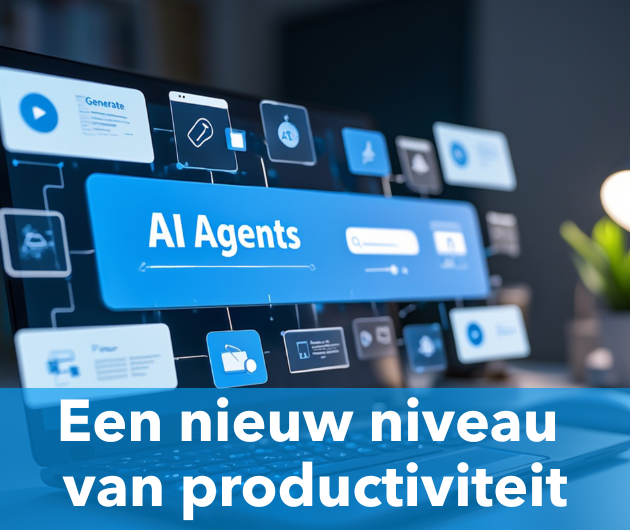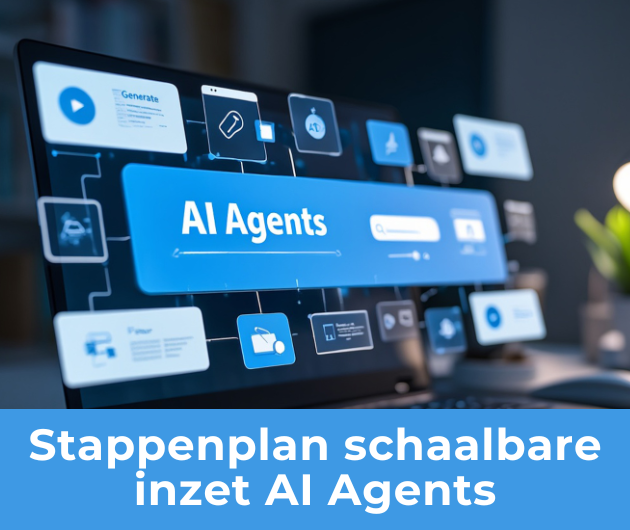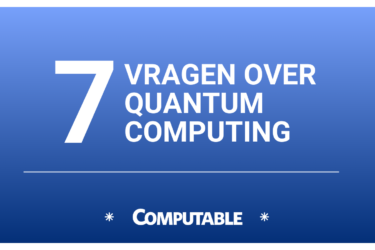There is no arguing that Microsoft Office is by far the dominant choice of software for the desktop. A recent survey indicated that only 4% of users had switched from Office to the Open Source (OSS) equivalent, Open Office.
Statistics can be extremely misleading we all know, but not this time. Because there is some organisation of effort to select and mange an OSS equivalent office package, particularly in local government in Europe and the USA, there will be a significant increase in organisations migrating from Office to OSS, but it is unlikely to reach 10% market share.
The developments in Asia, particularly China and India, are of course significant. Foe economic reasons they are favouring development of OSS based products which will severely erode Microsoft products for operating systems and server software. They will also develop their own desktop software which might constrain the use of Office in those countries. But it is also a common assumption that the bulk of PC software in the developing countries is pirated. In case anyone hadn’t noticed, the cost of pirate copies is no higher than the cost of legal OSS products, so there is little incentive to change from Microsoft on the desktop.
Servers and applications are another matter, since they are more easily traced, and there is a big market for selling software into new and expanding markets in competition with Microsoft, Oracle, SAP, et al.
Java is another interesting influence. The origins of Java lie in system independent software, with central control, for graphical desktop and Internet terminals. This has not taken off as it should because of the user commitment to Microsoft. There are however other reasons, notably the problems with low speed communications, better today, but still a long way to go, and earlier lack of development tools. In any case the developers knew how to use the Windows tools, so why learn something new? Again it was different on the server side, because a commitment to Microsoft products, tied into Windows, is largely unacceptable. As a result the bulk of major business applications are now developed in a Java environment (WebSphere, BEA, SAP, Cordys, etc.).
Thus while there has been a lot of variety for servers, Unix, AS/400, mainframes, Windows and now Linux, it is dominantly Windows on the client side. This is not necessarily good news for business applications because Microsoft must foster a thick client architecture to stop the development of OSS client alternatives. This they did with typical subtlety with a Windows development called ActiveX, now embedded in later versions of Windows. ActiveX allowed a Web browser to access Windows applications. This, claimed Microsoft, was better than Java because it didn’t have the overhead of downloading Java applets as they were called. This is true, but ActiveX also has downsides; unlike the system neutrality of Java, ActiveX only works on a Windows PC. Further it violates the inbuilt protection barriers of a Web browser, which as a result has left so many users open to attacks from hackers.
From Microsoft’s view ActiveX, well supported by the development tools, has encouraged the ongoing emphasis on thick clients. Now comes the payback time, and it’s not very pleasant. The thick client PC model is probably OK for simple applications and for those unavoidable “quick and dirty” solutions, but not for the core business applications. This has long been a worry but with the growing emphasis on the integration of business applications it could become a nightmare because of the dreadful difficulty of exposing the application functions to the integration systems when they reside in lots of client PCs.< BR>
Martin Healey, pioneer development Intel-based computers en c/s-architecture. Director of a number of IT specialist companies and an Emeritus Professor of the University of Wales.








